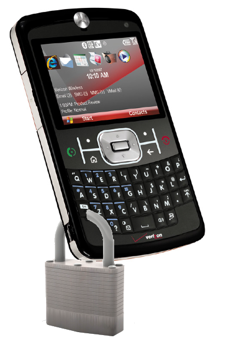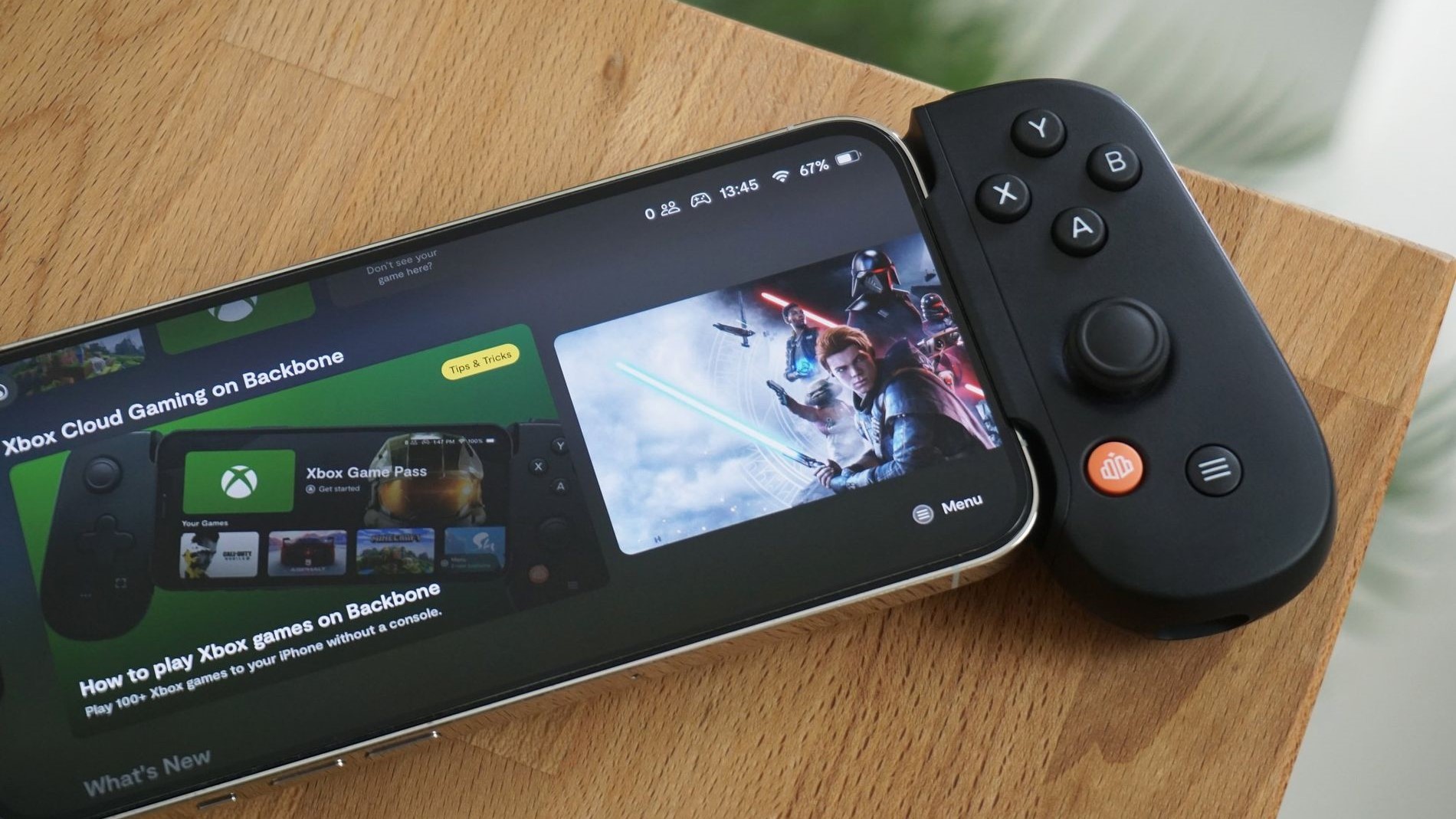Help us Save GPS on Windows Mobile

Dear Readers,
As you may know, the GPS situation on Windows Mobile is becoming unacceptable.
We're not talking about the fact that on certain phones you need to go into settings and muck around with Program Com Ports and Hardware Com Ports (though that, too, is pretty unacceptable). We're talking about GPS being locked down. This has to stop and we need your help to stop it.
Read on for the rest of our letter to you, our readers (but we hope that Microsoft and the manufacturers are reading, too).
GPS is Being Deliberately Broken
What do we mean by 'locked down'? We mean that GPS is there, fully functional, yet hidden from the OS and third party applications by the carrier. With several devices, users have to resort to registry hacks or other, 3rd party programs to 'enable' GPS for Windows Mobile and 3rd party apps to access it. Verizon is by far the worst player in this little lock-down game, but the other carriers aren't innocent either.
Often this 'lock down' is pretty easy to get around -- huge shout out to MoDaCo for freeing our AT&T WinMo Standard devices -- sometimes it is not. In both cases it is, as we said, unacceptable.
Why is GPS locked down? Well, so that only one program on your device can access it. It's known by several names: VZ Navigator, AT&T Navigation, Sprint Navigation. They're all the same program, though, TeleNav. By locking down GPS to only work with TeleNav, the carriers (and TeleNav, we suspect) are trying to force users into paying the monthly fee for Telenav instead of using free alternatives.
All the latest news, reviews, and guides for Windows and Xbox diehards.
Here's the thing: Many of us love TeleNav. Some of us pay for the unlimited subscription and use it when we travel. Some of us even endorse it to people over on-SD-solutions when we're confident they'll usually have data available in their travels. TeleNav is fast, stable, provides nice 3D views, and good voice prompts.
Despite the obvious quality of TeleNav, we feel that locking GPS down out of the box so that it will only work with TeleNav breaks GPS on a smartphone.
Broken GPS Breaks the User Experience
Locking down GPS and forcing users into a subscription that, for many of them, is unnecessary is just plain wrong. It's turning something into a for-pay service solely by blocking functionality for users who aren't savvy enough to know what's happening. It's the evil god of ARPU (Average Revenue Per User) driving his horde of minions to perform unholy acts upon Windows Mobile, corrupting it with his dark stain. It's a devil's bargain and it needs to stop.
Imagine if the WiFi on your device only worked with AT&T hotspots, for which you had to pay a subscription. Imagine if the Bluetooth chip on your Q9h only interacted with Motorola headsets. Imagine if your phone had software built-in that purposefully blocked all IM clients except for the carrier-approved version from working.
That's what we're standing for right now with GPS. For you, reading this at this site, the pain of this isn't so bad. You know enough to know that you can get GPS to work with other programs after a bit of searching and a bit of work. Most people don't know this. Most will either not use GPS or think that they have no choice but to pay the subscription fee to use TeleNav.
Broken GPS Breaks the Windows Mobile Platform
Since most people are stuck in that situation, GPS may as well not even be on the device as far as development is concerned. Imagine you have an idea that will finally, finally, manage to really bring some sort of social/location based networking to the masses. It's popular enough and easy enough and clever enough that it will garner enough wide usage to become the 'de facto' LBS app that everybody uses and nobody will bother mucking around with trying to get their friends to sign up for this friendfinder or that friendfinder, because your genius app is the friendfinder. There are dozens of these companies around right now, but maybe you've figured out the LBS/Social trick that they haven't yet (hint: it probably has to do with FaceBook. Shh!).
Now imagine you have to pick a smartphone platform to release it on. Windows Mobile is easy to develop for, right? Most Windows Mobile phones these days have GPS built-in and a lot of users know that, right? You want it to be popular both in the US and abroad, right? You want it to work on a wide array of devices from the very cheap to the high end, right? Windows Mobile seems like an awfully attractive platform for you, dear LBS developer.
Now imagine a customer on Verizon who knows their phone has GPS because they use it with TeleNav. They download your app, GPS doesn't work, they tell their friends your app sucks. Not good. Maybe it's time to look at another platform for your first launch.
We're writing to our readers, sure, but just as importantly, we are writing to Microsoft and their manufacturing partners. Microsoft: this situation hurts your app, Live Search. It hurts your platform, in that it confounds people and drives developers to other platforms -- platforms that offer location APIs to all apps, not just to select, for-pay partner apps. It hurts your users. It hurts us. We hurt.
If a phone supports GPS it should support GPS at the OS level and make it available for all apps, just as is done on other mobile platforms like the iPhone and Android. Windows Mobile still can claim to be more 'open' than any other platform out there (perhaps barring Android) because of the deep and powerful access to the bits of the OS made available to developers. But if functionality can be locked down willy-nilly at the whims of carriers, suddenly the platform becomes arbitrarily closed and we lose those bragging rights.
How Can We Fix This?
We as Windows Mobile users have complained to our carriers, but yes, we could and should do more. We should boycott devices with locked-down GPS, but honestly we're likely to buy them anyway and unlock the GPS ourselves via backdoor methods. Granted, these methods aren't often actually 'hacks' but just small configuration changes -- but these settings should be the default.
So we'll make you a deal. From now on, whenever we find out that a carrier is releasing a Windows Mobile device with locked-down GPS, WMExperts is going to write an executive at that carrier a nice letter, on real paper, explaining why this is a bad idea. We encourage other lovers of Windows Mobile to do the same. If we all promise to do that, will you please try a little harder to stop your partners from locking down the GPS?
We've drafted up the our first letter to Verizon, here it is in PDF form. We invite you to write letters of your own (they're more effective if you write them yourself instead of just copying ours) as well. Just as importantly, we at WMExperts are publicly asking Microsoft to please work to place more pressure on carriers to stop breaking GPS for the good of the platform.
The short term gain in ARPU that carriers get by forcing users into branded versions of TeleNav is causing long term losses for Windows Mobile as a platform. It should be stopped. Now.
Hugs and Kisses, XOXO, and Happy Thanksgiving,
the WMExperts Team:
Dieter Bohn, Brian Hart, HobbesIsReal, Malatesta, George Ponder, Nick Gebhardt, Phil Nickinson, and Tim Ferrill

Home to the most invested and passionate Microsoft fans, Windows Central is the next generation destination for news, reviews, advice and buying recommendations on the Windows, PC and Xbox ecosystems, following all products, apps, software, AI advancements, and accessories. We've been around for more than decade, and we take our jobs seriously. Windows Central writers and editors value accuracy and editorial independence in everything we do, never receiving compensation for coverage and never pulling punches.
